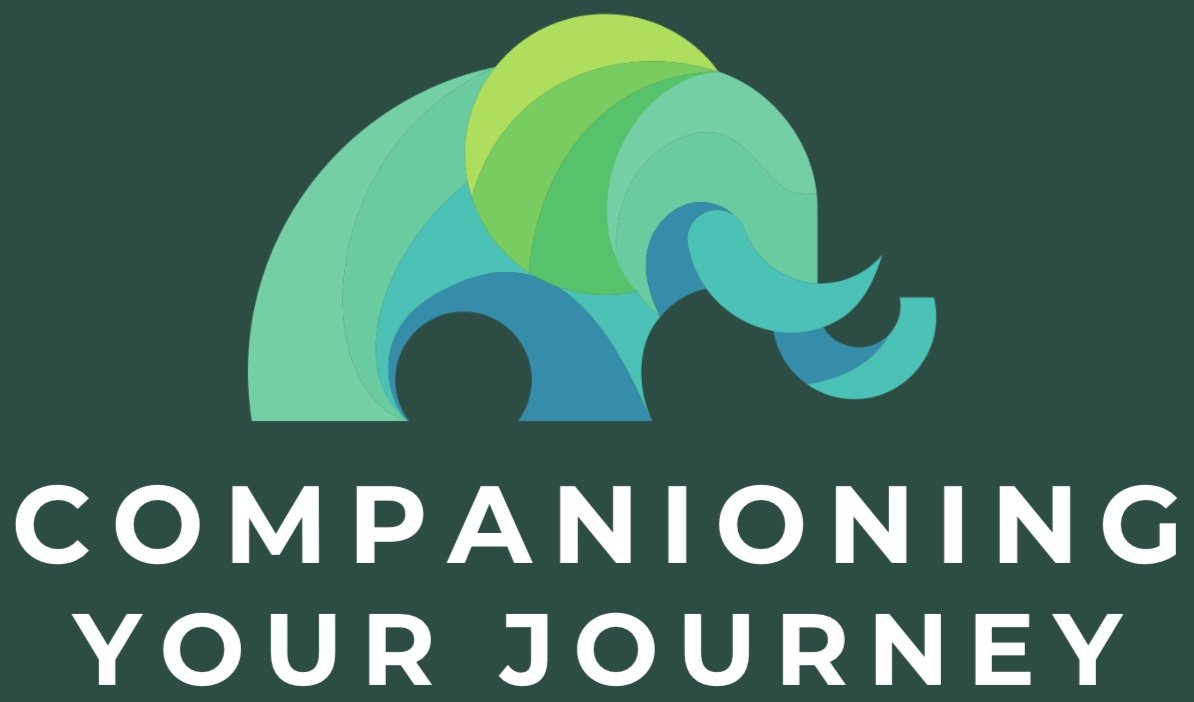Book of the Month: What Happened to You? - Bruce D. Perry and Oprah Winfrey
For Companioning Your Journey’s ninth Book of the Month, Bruce D. Perry and Oprah Winfrey’s, “What Happened to You? - Conversations on Trauma, Resilience, and Healing”.
About the Author and Publication
Bruce D. Perry is a neuropsychologist specializing in children’s neurodevelopment with an emphasis on trauma and neglect. Oprah Winfrey is a public figure and philanthropist with extensive lived experience in the realms of childhood trauma and overcoming adverse childhood experience. As part of Oprah’s advocacy efforts, she created a summit to bring together leaders in the field of childhood trauma and work towards building a shared understanding and set out to make an impact on healing this problem in our society. Through this summit, Oprah and Bruce met and over the course of several years exchanged many conversations which eventually made up the contents of this truly impactful book. “What Happened to You?” hit the shelves in 2021 and became an instant bestseller. These open and vulnerable conversations on trauma and healing take a different approach with an emphasis on understanding.
Key Take Aways
Overall Premise
What Happened to You? This simple question is the shift in perspective that the authors encourage us to take. Instead of the common, “What’s wrong with you?” when we see a behavior that deviates from the norm. The book has several examples where individuals have exaggerated startle responses, become agitated, or seem to go from 0-100. This is not an indicator that the individual is a bad person or that there is anything wrong with them, this is a sign that somewhere along the way this individual was put into a situation where they felt they had no choice but to react. Our brains pair experiences and tries to protect us at all costs, but it can not always differentiate between situations of risk. If we always approach this individual with judgement, they will not be encouraged to have compassion for themselves which will allow for a corrective experience. If you have never received love, wouldn’t it be harder to show it? If you have never been spoken to, how are you to learn to speak? We need understanding, we need to ask, “What Happened to You?”
Our Brains are Uniquely Shaped By Our Experiences, Particularly in Childhood
From the moment we take our first breath, our minds absorb the world around us, forming connections and building neural pathways that lay the foundation for our future selves. Every interaction leaves a mark on our developing brains. Love and care, or the absence of it, has a profound effect on our emotional and cognitive development. Nurturing environments allow for growth, while adverse experiences can hinder our development.
With the Right Support and Understanding, We Can Overcome the Trauma of Our Past
Overcoming trauma can be a lifelong journey, but cultivating understanding is a necessary foundation for finding light in the darkness. By exploring our own experiences, we can develop empathy and compassion for ourselves and others who have experienced pain. Understanding the roots of our trauma allows us to regain control over our emotions, reframe our narratives, and pave a path towards healing and resilience. Consider this a journey of self-discovery and as with most journeys.
We Can’t Evaluate Our Choice During a Traumatic Event By What We Might Choose Today
One of the common responses to trauma is to hold guilt, shame, and/or blame. In What Happened To You?, the authors explain how our capacity to reason and make decisions for ourselves change drastically when we are in adverse situations. In a diagram, the authors show how even being slightly activated with our heart rate rising a few beats per minute, our IQ and reasoning ability can drop by more than twenty points. When someone blames or shames themselves for the choices they made at the time or how they responded to the traumatic event, it is important to understand that their decisions were made under duress.
What Made this the Book of the Month
If I could, I would put this book into the hands of every individual who has experienced trauma or has had moments where they lean towards judgment of themselves. There are some simple concepts in the book that can be transformative as well as some more challenging neurobiological topics that are explained in approachable ways. I have pulled out diagrams from this book in my work with clients exploring their trauma and have recommended it to several. This is a great read to both help find healing for yourself and to help be a healing force in the lives of those around you.
Conclusion
If you or someone you know has experienced an adverse childhood experience, which is estimated to happen to nearly 60% of individuals, try shifting the conversations you have. Try to look for understanding and compassion.
What has been one of your most impactful reads? Are there any that you feel like more people should get their hands on? Let me know and I would be happy to read and review in a future post!

